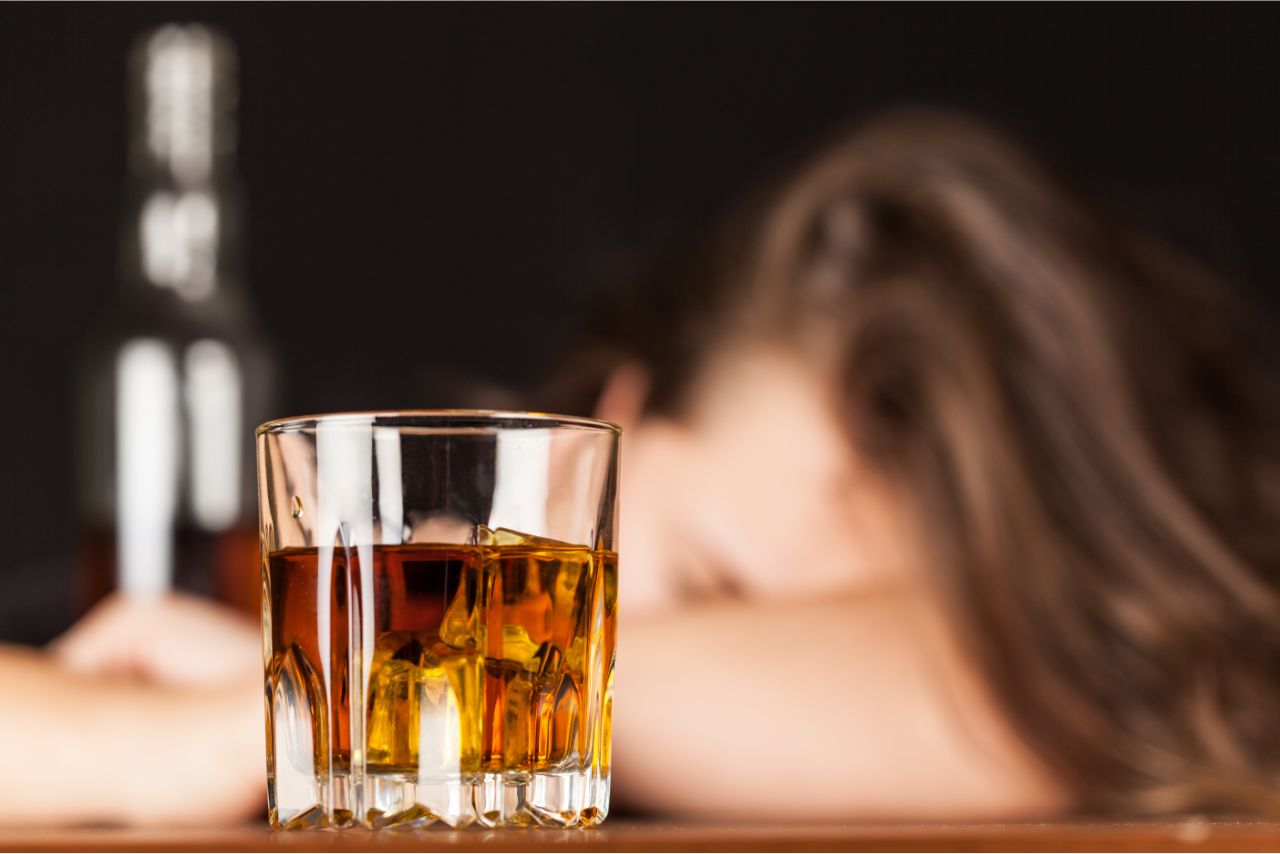Are you concerned about the potential damage alcohol can cause to your liver? Discover effective strategies to protect your liver from alcohol-induced harm.
By following these evidence-based tips, you can limit your alcohol consumption, stay well-hydrated, maintain a healthy diet, exercise regularly, and seek medical advice and treatment when needed.
Take charge of your liver health and safeguard it from the harmful effects of alcohol.
Limit Alcohol Consumption
To prevent alcohol-induced liver damage, it's crucial to limit your alcohol intake and practice responsible drinking. Alcohol moderation is key in protecting your liver from potential harm.
It's recommended that men consume no more than two standard drinks per day, while women should stick to no more than one. It's also important to have alcohol-free days throughout the week to give your liver a chance to recover.
Responsible drinking involves being mindful of the size and strength of your drinks. Opt for lower alcohol content beverages and avoid binge drinking, as this can overwhelm your liver and increase the risk of liver damage. It's also wise to pace yourself while drinking, allowing your liver time to metabolize the alcohol.
Stay Hydrated
Make sure you regularly hydrate yourself to effectively prevent alcohol-induced liver damage. Staying hydrated is crucial for maintaining optimal liver health and minimizing the harmful effects of alcohol on your liver. Alcohol consumption can lead to dehydration, as it acts as a diuretic, increasing urine production and causing fluid loss. By staying hydrated, you can counteract the dehydrating effects of alcohol and support your liver's ability to function properly.
One of the key benefits of hydration is that it helps your liver metabolize alcohol more efficiently. When you drink alcohol, your liver works hard to break it down and eliminate it from your body. However, alcohol metabolism can generate harmful byproducts that can damage liver cells. By staying hydrated, you can enhance the liver's ability to metabolize alcohol and minimize the production of these harmful byproducts.
Water intake is especially important when consuming alcohol, as it helps dilute the alcohol in your system and reduces its concentration in the liver. Additionally, staying hydrated can help prevent liver inflammation and oxidative stress, which are common outcomes of excessive alcohol consumption.
To stay properly hydrated, aim to drink at least eight glasses (64 ounces) of water per day. It's also important to drink water before, during, and after alcohol consumption to offset the dehydrating effects of alcohol. By prioritizing hydration, you can significantly reduce the risk of alcohol-induced liver damage and support the overall health of your liver.
Eat a Healthy Diet
Maintaining a healthy diet is essential for supporting your liver's ability to metabolize alcohol and minimizing the risk of alcohol-induced liver damage. By incorporating balanced nutrition into your lifestyle, you can provide your liver with the necessary nutrients to function optimally and protect itself from harm.
Here are three important dietary considerations to help safeguard your liver:
- Consume a variety of fruits and vegetables: These nutrient-rich foods contain antioxidants, vitamins, and minerals that aid in liver health. They help neutralize harmful free radicals and reduce inflammation, which can be exacerbated by alcohol consumption. Aim for a colorful plate, including leafy greens, berries, citrus fruits, and cruciferous vegetables like broccoli and cauliflower.
- Prioritize lean proteins: Include lean sources of protein such as fish, poultry, beans, and tofu in your diet. Protein is crucial for liver tissue repair and regeneration. It also assists in breaking down alcohol and supporting detoxification processes. Limit your intake of fatty meats, as they can contribute to liver inflammation and damage.
- Limit processed foods and added sugars: Highly processed foods and beverages high in added sugars can strain the liver and increase the risk of fatty liver disease. Opt for whole grains, lean proteins, and healthy fats instead. Be mindful of hidden sugars in packaged snacks, sodas, and sweetened beverages.
Exercise Regularly
Incorporating regular exercise into your routine can further enhance your liver's ability to metabolize alcohol and reduce the risk of alcohol-induced liver damage. Exercise has numerous benefits for your overall health, and it plays a significant role in protecting your liver from the harmful effects of alcohol.
One of the key benefits of exercise is that it helps improve blood flow and oxygen delivery to the liver. This increased blood flow allows the liver to function more efficiently, aiding in the metabolism of alcohol and other toxins. Additionally, exercise helps to reduce inflammation in the liver, which is a common consequence of alcohol consumption.
Engaging in a regular fitness routine can also help in maintaining a healthy body weight. Excessive alcohol consumption can lead to weight gain and obesity, which are risk factors for liver disease. By exercising regularly, you can prevent or manage weight gain, reducing the strain on your liver and decreasing the likelihood of alcohol-induced liver damage.
Furthermore, exercise has been shown to improve insulin sensitivity and reduce the risk of developing fatty liver disease, a condition that often results from excessive alcohol consumption. By incorporating exercise into your lifestyle, you can support your liver's ability to process alcohol and protect it from potential harm.
To reap the benefits of exercise, aim for at least 150 minutes of moderate-intensity aerobic activity or 75 minutes of vigorous-intensity aerobic activity each week. This can include activities such as brisk walking, jogging, cycling, or swimming. Remember to consult with a healthcare professional before starting any new fitness routine, especially if you have pre-existing medical conditions.
Seek Medical Advice and Treatment
To effectively prevent alcohol-induced liver damage, it's crucial to seek medical advice and treatment. Consulting with a healthcare professional can provide you with valuable guidance and interventions to protect your liver from the harmful effects of alcohol.
Here are three important steps to take:
- Medical Interventions: Your doctor may recommend specific interventions to prevent alcohol-induced liver damage. These can include medications to reduce inflammation and manage liver function, as well as nutritional supplements to support liver health. It's essential to follow your healthcare provider's advice and take any prescribed medications as directed.
- Regular Check-ups: Regular visits to the doctor allow for ongoing monitoring of your liver health. Blood tests can assess liver function and detect any early signs of liver damage. Your healthcare provider can also offer guidance on lifestyle modifications and provide support in managing alcohol consumption.
- Liver Transplant Evaluation: In severe cases of alcohol-induced liver damage, a liver transplant may be necessary. Seeking medical advice early on can help determine if you're a candidate for transplantation and initiate the evaluation process. A liver transplant can be a life-saving intervention for individuals with end-stage liver disease caused by alcohol.
- Overcoming Emotional Intimacy Challenges With Alcohol Misuse - November 18, 2023
- Overcoming Alcohol's Impact on Emotional Intimacy: 13 Essential Tips - November 18, 2023
- 6 Ways to Overcome Emotional Intimacy Challenges With Alcohol - November 18, 2023








